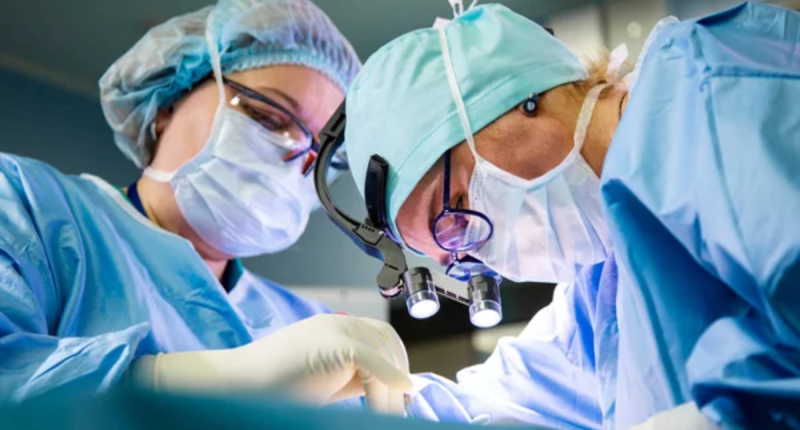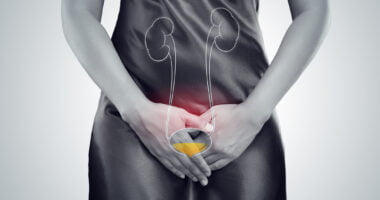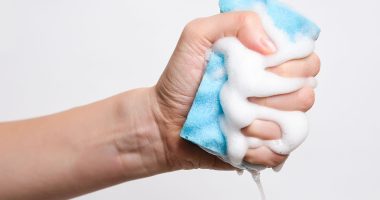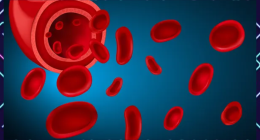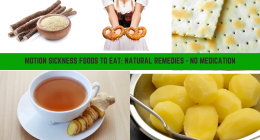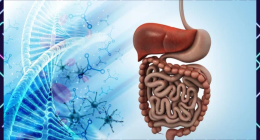Embarking on the journey of recovery after colorectal surgery can be a demanding yet rewarding experience. While the process may be challenging, adhering to specific follow-up activities can significantly enhance your chances of achieving a successful and complete recovery. Here’s a comprehensive guide to seven crucial post-surgery actions that can pave the path toward optimal healing:
1. Prioritize Rest and Sleep
Adequate rest plays a pivotal role in facilitating the healing process and promoting overall recovery. Aim for at least 7-8 hours of uninterrupted sleep each night, and supplement with daytime naps as needed. Avoid strenuous activities and refrain from lifting heavy objects until your body signals its readiness.
2. Effectively Manage Pain
Pain is a common occurrence following colorectal surgery. Fortunately, there are effective pain management strategies available to alleviate discomfort and promote healing. Take your prescribed pain medication as directed by your doctor, and don’t hesitate to seek additional pain relief if necessary.
3. Nourish Your Body with a Healthy Diet
A nutrient-rich diet provides the essential building blocks for repair and regeneration. Prioritize easily digestible foods such as fruits, vegetables, lean protein, and whole grains. Steer clear of fatty, spicy, or greasy foods, as these can irritate your digestive system and hinder healing.
4. Maintain Proper Hydration
Staying adequately hydrated is crucial for maintaining overall health and supporting recovery. Aim to consume at least eight glasses of water or other clear liquids per day. Adequate hydration prevents constipation and keeps your body functioning optimally.
5. Diligent Incision Care
Meticulous incision care is paramount to preventing infection and promoting proper healing. Adhere strictly to your doctor’s instructions regarding dressing changes, showering, and incision management. Avoid soaking in baths or hot tubs until your incision is completely healed.
6. Reintroduce Physical Activity Gradually
As your strength improves, gradually incorporate physical activity into your routine. Begin with short walks and gentle exercises, and gradually progress to more strenuous activities as your body adapts. Regular physical activity promotes bowel regularity, enhances mood, and accelerates recovery.
7. Adhere to Follow-up Appointments
Regular follow-up appointments are essential for monitoring your healing progress and ensuring proper recovery. Your doctor will thoroughly examine your incision, assess your overall condition, and adjust your treatment plan as needed.
Remember, recovery is a unique journey for each individual. Be patient with yourself and don’t hesitate to consult your doctor if you have any concerns or questions throughout the process. With dedication and adherence to these follow-up activities, you can optimize your chances of achieving a complete and successful recovery.
Foods that can speed up your healing process after Colorectal surgery
A balanced and nutritious diet is essential for overall health and well-being, especially during the healing process. Certain foods are particularly beneficial for promoting healing and recovery due to their rich nutrient content. Here are some foods that can speed up your healing process:
Foods to Eat:
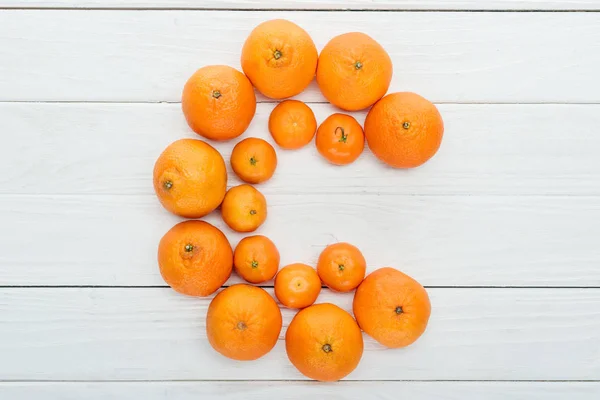
- Lean Protein: Lean protein sources like chicken, fish, eggs, and beans provide essential amino acids that are crucial for building and repairing tissues. These proteins contribute to the formation of new cells and collagen, which are vital components of wound healing.
- Vitamin C-Rich Foods: Vitamin C plays a pivotal role in collagen production, a key component of connective tissues. It also acts as an antioxidant, protecting cells from damage and promoting a healthy inflammatory response. Include plenty of vitamin C-rich fruits and vegetables in your diet, such as oranges, grapefruits, strawberries, kiwifruit, broccoli, and bell peppers.
- Zinc-Rich Foods: Zinc is another essential nutrient for wound healing. It supports immune function, promotes cell growth, and contributes to collagen formation. Good sources of zinc include oysters, beef, poultry, beans, and nuts.
- Omega-3 Fatty Acids: Omega-3 fatty acids, particularly EPA and DHA, have potent anti-inflammatory properties that can help reduce inflammation and promote healing. They also play a role in regulating immune function and cell growth. Fatty fish like salmon, mackerel, and sardines are excellent sources of omega-3 fatty acids.
- Whole Grains: Whole grains provide a sustained source of energy and fiber, both of which are essential for overall health and well-being during the healing process. Fiber contributes to bowel regularity, promotes gut health, and aids in nutrient absorption. Whole grains also contain essential vitamins and minerals that support healing, including B vitamins, vitamin E, and iron. Opt for whole-grain bread, cereals, and pasta.
- Fruits and Vegetables: Fruits and vegetables are packed with essential vitamins, minerals, and antioxidants that support the healing process. They provide a wide range of nutrients, including vitamin A, vitamin C, vitamin K, potassium, and folate, all of which play crucial roles in tissue repair, immune function, and overall well-being. Aim to consume a variety of colorful fruits and vegetables daily.
- Water: Proper hydration is crucial for maintaining overall health and promoting healing. Water helps transport nutrients, flush out toxins, and keep your body functioning optimally. It also plays a vital role in bowel regularity, which is important after colorectal surgery. Aim to drink plenty of water throughout the day.
DON’T MISS: What Happens To Your Body When You Drink 8 Glasses of Water Every Day
Foods to Avoid:
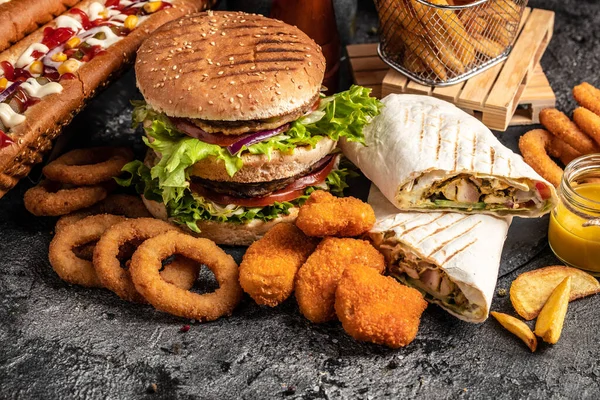
Fried Foods: Fried foods are high in unhealthy fats, which can increase inflammation and make it harder for your body to heal. They also tend to be low in essential nutrients and can overwhelm your digestive system, further hindering the healing process.
Sugary Foods: Sugary foods can cause blood sugar spikes, which can interfere with your body’s ability to fight infection and promote healing. They also provide little nutritional value and can contribute to weight gain, which can further complicate recovery.
Processed Foods: Processed foods are often high in unhealthy fats, sodium, and preservatives, all of which can slow down your healing process. They tend to be low in essential nutrients and can lead to digestive issues, making it harder for your body to absorb the nutrients it needs for recovery.
Spicy Foods: Spicy foods can irritate your digestive system, leading to discomfort and potentially interfering with bowel regularity. They may also exacerbate inflammation, which can hinder wound healing.
Alcohol: Alcohol can dehydrate you and interfere with your body’s ability to heal. It can also impair immune function and increase the risk of infection. Excessive alcohol consumption can also lead to nutritional deficiencies, further complicating the recovery process.
Remember, healing is a unique journey for each individual, and your dietary needs may vary depending on your specific condition and recovery progress so it’s important you speak to your doctor or registered dietitian first before eating or avoiding the foods aforementioned.
ALSO READ: Study Finds Ultra-Processed Foods Up the Odds of Developing Multiple Health Problems
Things you should not do after colorectal surgery
Here are some things you should not do after colorectal surgery to promote healing and avoid complications:
Avoid Strenuous Activities: Limit your physical activity to light walking and gentle stretching for the first few weeks after surgery. Avoid lifting heavy objects, engaging in contact sports, or any activities that put excessive strain on your abdominal muscles.
Avoid Smoking and Alcohol: Smoking and alcohol consumption can impair wound healing and increase the risk of infection. Quit smoking completely and avoid alcohol consumption until your doctor advises otherwise.
Avoid Spicy or Greasy Foods: These foods can irritate your digestive system and cause discomfort or diarrhea. Stick to a bland diet of easily digestible foods like lean protein, cooked vegetables, and whole grains.
Avoid Constipation: Constipation can put strain on your surgical incision and increase the risk of complications. Maintain a regular bowel movement by eating a high-fiber diet, drinking plenty of fluids, and using stool softeners as needed.
Avoid Self-Treatment: Do not take any over-the-counter medications or supplements without consulting your doctor. Some medications can interfere with your healing process or interact with other medications you may be taking.
Avoid Submerging Your Incision in Water: Avoid taking baths, swimming, or using hot tubs until your incision is completely healed. These activities can increase the risk of infection.
Avoid Ignoring Warning Signs: Pay attention to your body’s signals and report any concerns to your doctor immediately. Signs of potential complications include fever, severe pain, excessive bleeding, or changes in bowel habits.
Remember, recovery takes time and patience. Follow your doctor’s instructions carefully, maintain a healthy lifestyle, and be mindful of your body’s needs to ensure a smooth and successful recovery.
RELATED: Intravenous Iron Infusion Prior to Colorectal Surgery Reduces Need for Blood Transfusion
